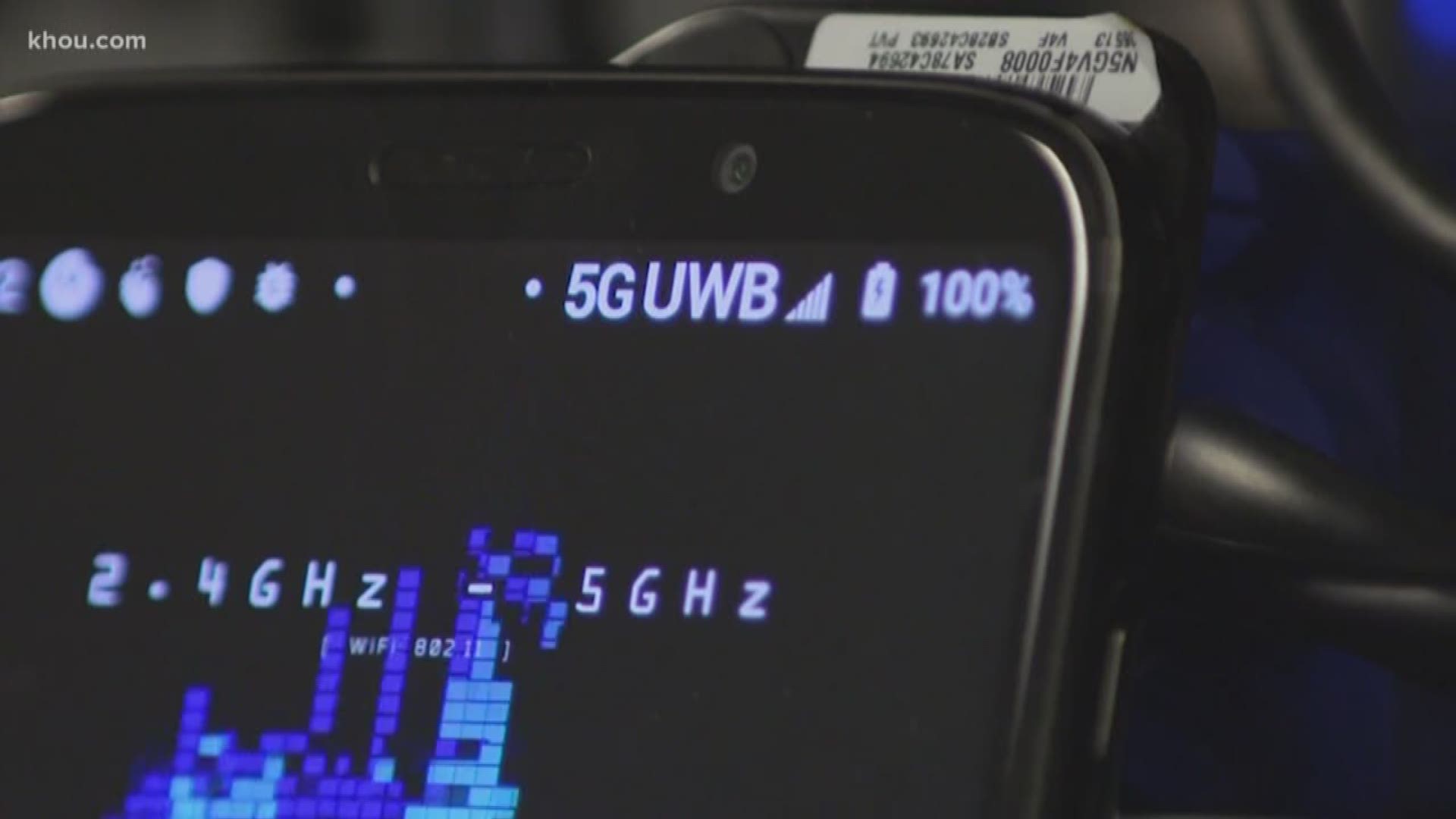The next generation of wireless technology, is touted as being up to 100 times faster than what we use now.
President Donald Trump has called 5G "a vital link to America's prosperity and national security" and "a race America must win."
However, being able to stream videos faster could come at a cost.
Some scientists worry 5G frequencies are located next to the only frequency where weather satellites can detect water vapor.
RELATED: Is 5G technology dangerous?
Neil Jacobs, the head of the National Oceanic and Atmospheric Administration, recently told members of Congress this could set back forecast accuracy by 30 percent.
"If you look back in time to when our forecast skill was roughly 30 percent less than it was today, it was somewhere around 1980. This would result in the reduction of hurricane forecast lead time by roughly two to three days," said Jacobs.
Congresswomen Lizzie Fletcher is chair of the subcommittee where Dr. Jacobs testified. She released the following statement Wednesday:
“Hurricane forecast accuracy is incredibly important, as we’ve seen at home and recently around the country. Human lives and the economy are dependent on accurate and timely forecasts. It was very concerning to learn from Dr. Jacobs that the FCC’s 5G proposal at the 24 GHz band would cause 77% degradation of water vapor data that’s essential for weather forecasts and hurricane tracking, which would result in a 30% reduction in forecast accuracy. I hope there will be a resolution between the FCC and NOAA that will allow for the US to advance in 5G while protecting our nation’s valuable and life-saving weather forecasts. The US should be advancing in forecast accuracy, not regressing.”
A group that represents the wireless industry is fighting back.
CTIA published a blog writing, "It's an absurd claim with no science behind it."
They argue weather sensors are much less susceptible to interference than those meteorologists warn.
Both sides agree America should be a leader in advancing the new technology.
Up until now, talks have broken down when it comes to how much 5G will impact weather data and what levels of interference are acceptable.
ALSO ON KHOU.COM

